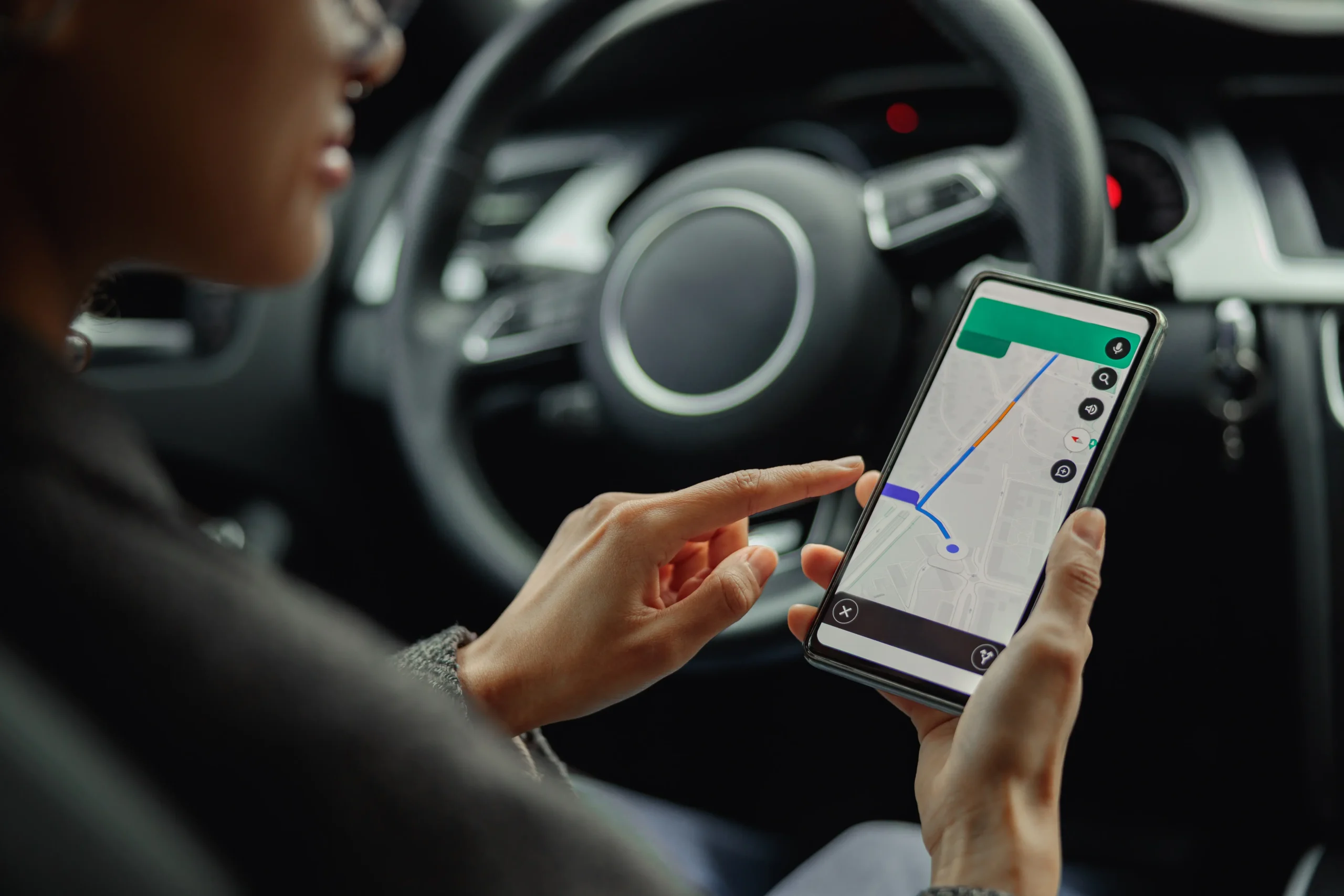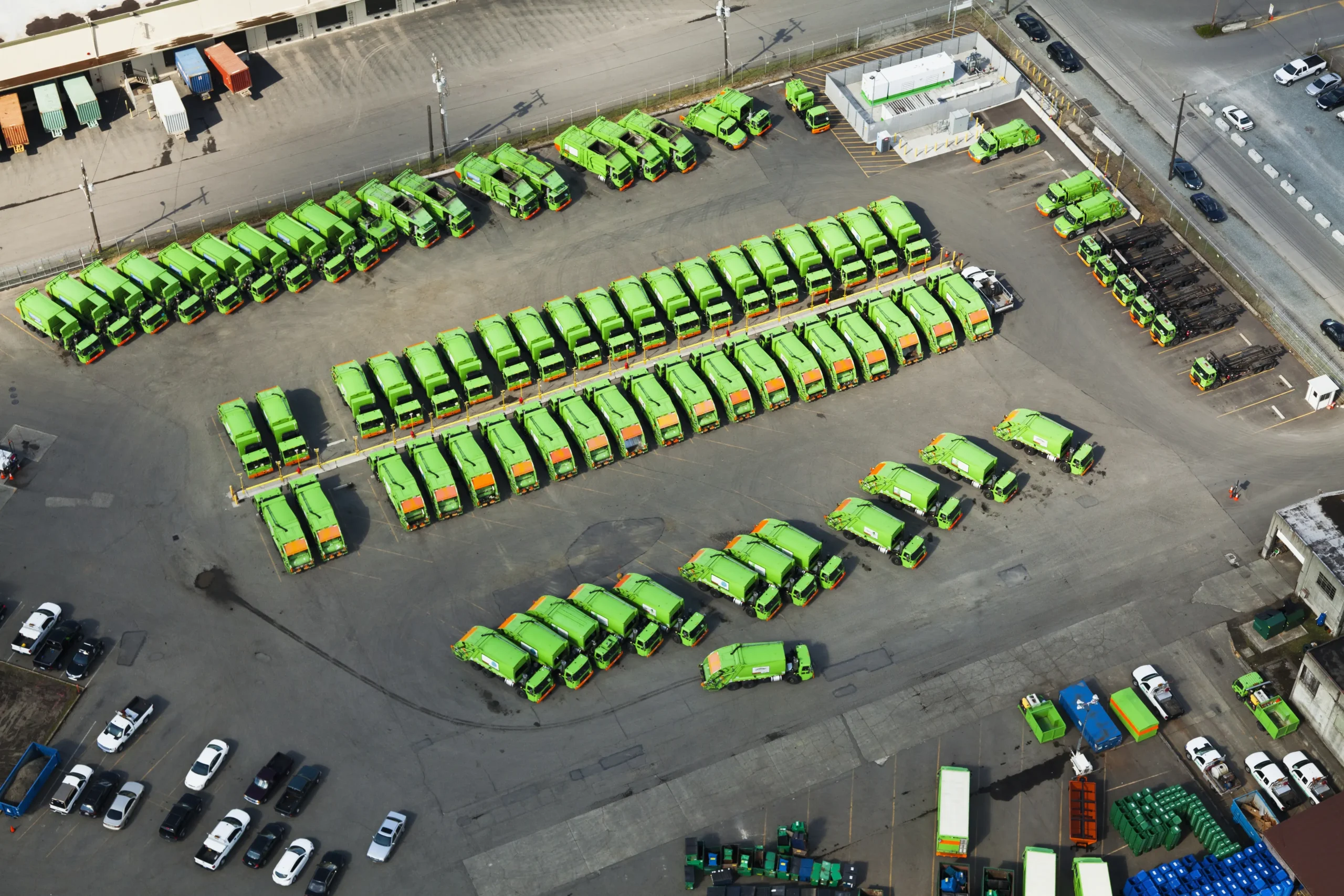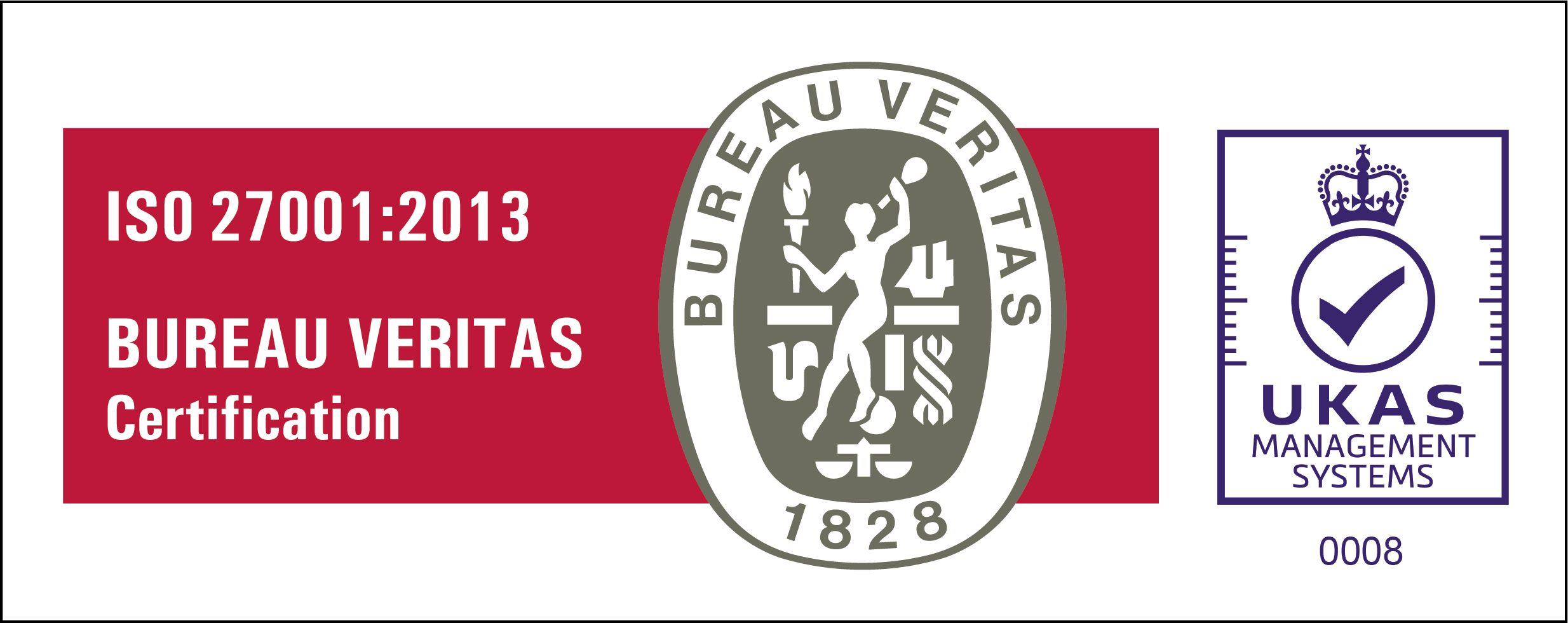Now that Road Safety Week (which ran from the 16th to 22nd November) has drawn to a close, now seems like a good time to reflect on the mission at the heart of this year’s campaign to “stop road deaths and injuries”.
So how can the transport & logistics sector help to keep road users safe?
The good news: Fewer commercial vehicles are involved in road accidents than ever before
Statistics from the DfT (Department for Transport) show that commercial vehicles (buses/coaches, vans/light goods vehicles, and heavy goods vehicles) are now involved in less than 10% of personal injury road accidents in Great Britain, down from almost 14% in the 1970s.
We’ve all had a common interest in road safety. Van and truck manufacturers, operators and legislators have all contributed to this fall in accidents.
Vans and trucks have benefited from significantly improved brakes; there’s lots of in-built vehicle technology fitted as standard; cameras; anti-underrun bars; telematics monitoring our vehicles and driver behaviour; and a host of other developments in commercial vehicles have all contributed to this fall.
Legislative drivers around licencing, seatbelt-wearing; “drug driving” and drivers’ hours have also helped make our roads safer.
With the introduction of guidance around maintaining roadworthiness for commercial and passenger carrying vehicles, we would also suggest that having robust walkaround check, defect reporting & vehicle maintenance processes (ideally digital) in place also contributes.
Our walkaround checks & defect reporting data
We’ve extracted just some of the data available through Stream to put together some information on the types of walkaround checks completed over the last six weeks. We’ve also been able to look at the most common major and minor defects reported by drivers during those checks.
Most common walkaround checks completed
As our walkaround checks app is very configurable, different subscribers have set up different types of checks which meet their specific business requirements. Amongst the list of checks, there are those related to driver change / handover; driver debrief; truck wash; commuter and private use related; and specific load checks.
Of the most common checks completed during the sample period the majority of checks completed (61%) were pre-use, followed by 24% for end of day. In these COVID-19 times, 3% were related to hygiene deep cleans.
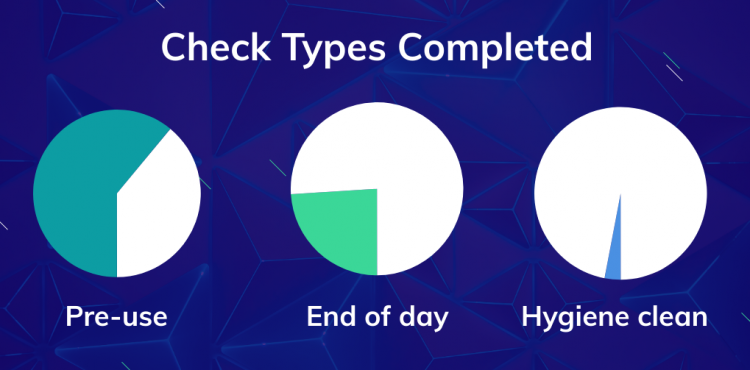
Coincidentally, of all the walkaround checks conducted over the six week period, 42% of them were carried out on a Thursday and Friday.
Nil defect vs. Minor vs. Major Defects recorded
So, just how many checks resulted in a vehicle needing to be off the road? How many were roadworthy, but with some kind of defect recorded?
In 55% of cases, drivers recorded a ‘nil defect’ and a further 43% recorded a minor defect meaning the vehicle was still roadworthy.
Only 2% of checks resulted in a major defect being returned.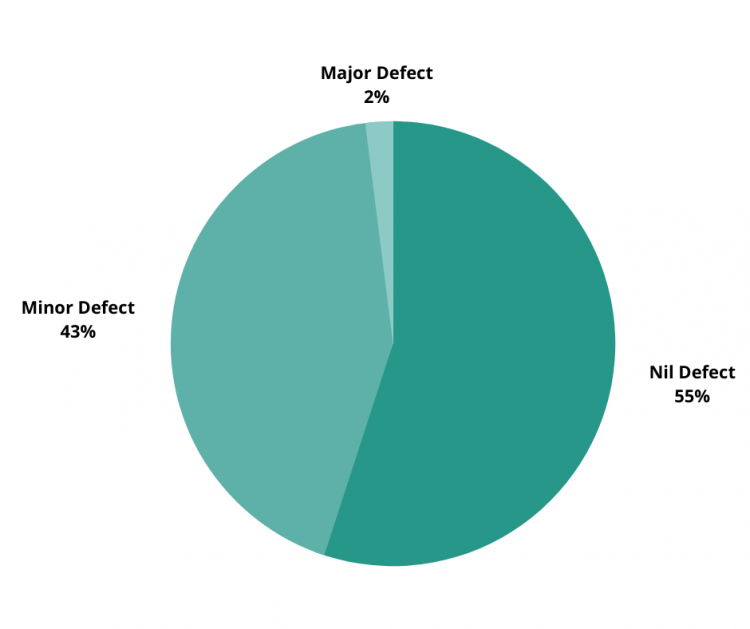
Most common minor defects recorded
Diving into the data available over the past weeks, we can see which are the most common minor defects reported by drivers through the app.
Defects affecting the vehicles lights are the most common amongst those reported by drivers with 10.5% with 7% of minor defects reported affecting the bodywork. Mirrors are third on the list with 3%.
Minor defects affecting the windscreen or other glass in the vehicle, warning lights and missing certificates and / or documents in the vehicle were each recorded 2% of the time.
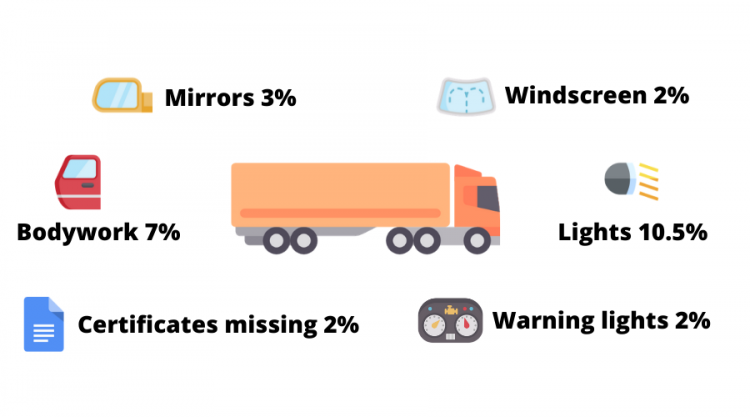
Most common major defects recorded
So, how about major defects? The one’s that make the vehicle unroadworthy and take them out of service?
In the pas six weeks, lights are once again the most common major defect reported with 10%.
Of those 10%, the two most common reasons related to the glass or plastic housing being damaged or a bulb having failed.
Second on the list are issues affecting the vehicles bodywork with 6.5% of major defects reported.
Major defects affecting the mirrors and bodywork come next at 4% of defects, with brakes (2.5%) and tyres / wheel fittings (2%) completing the top 5.
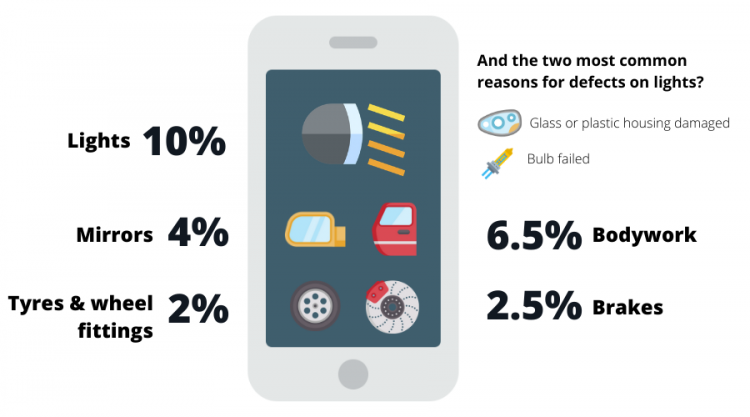
Three steps drivers & operators can take make roads safer
Driver training and welfare
Make sure drivers are up-to-date on their training & certification by recording driver information and documents.
According to RoSPA (The Royal Society for the Prevention of Accidents), “driver fatigue may be a contributory factor in up to 20% of road accidents, and up to one-quarter of the fatal and serious accident”. It is essential to ensure drivers are well-rested and operating within EU drivers’ hour’s rules.
Especially in the current climate, it is also important to ensure drivers have any PPE they need. It’s easy to add an item to your driver daily walkaround checks, to confirm drivers have essentials like sanitiser and face masks in the cab.
Preventative maintenance
Another key way to make roads safer? Making sure vehicles are always safe and compliant.
Having a digital system in place for daily walkaround checks makes it really easy to report defects. If you use a single system for walkaround checks and routing, you can even restrict drivers from departing for their run until a pre-use check has been completed.
Another form of preventative maintenance is to make sure vehicles never miss a booking. Automatically create and assign inspection and schedules services based on date and/or mileage, and set up reminders and notifications for regular servicing and MOTs.
Defect resolution
Close the loop between defects reported and defects resolved. Track defects through to resolution – and fix them before they become a real problem.
You can also report and record any accidents and incidents as and when they occur. This gives you a record of information like insurance and contact details, as well as photos of the scene and any damage to the vehicle.
Discover how Stream can help you to keep commercial vehicles safe this Roast Safety Week – and all year round by booking a demo!

